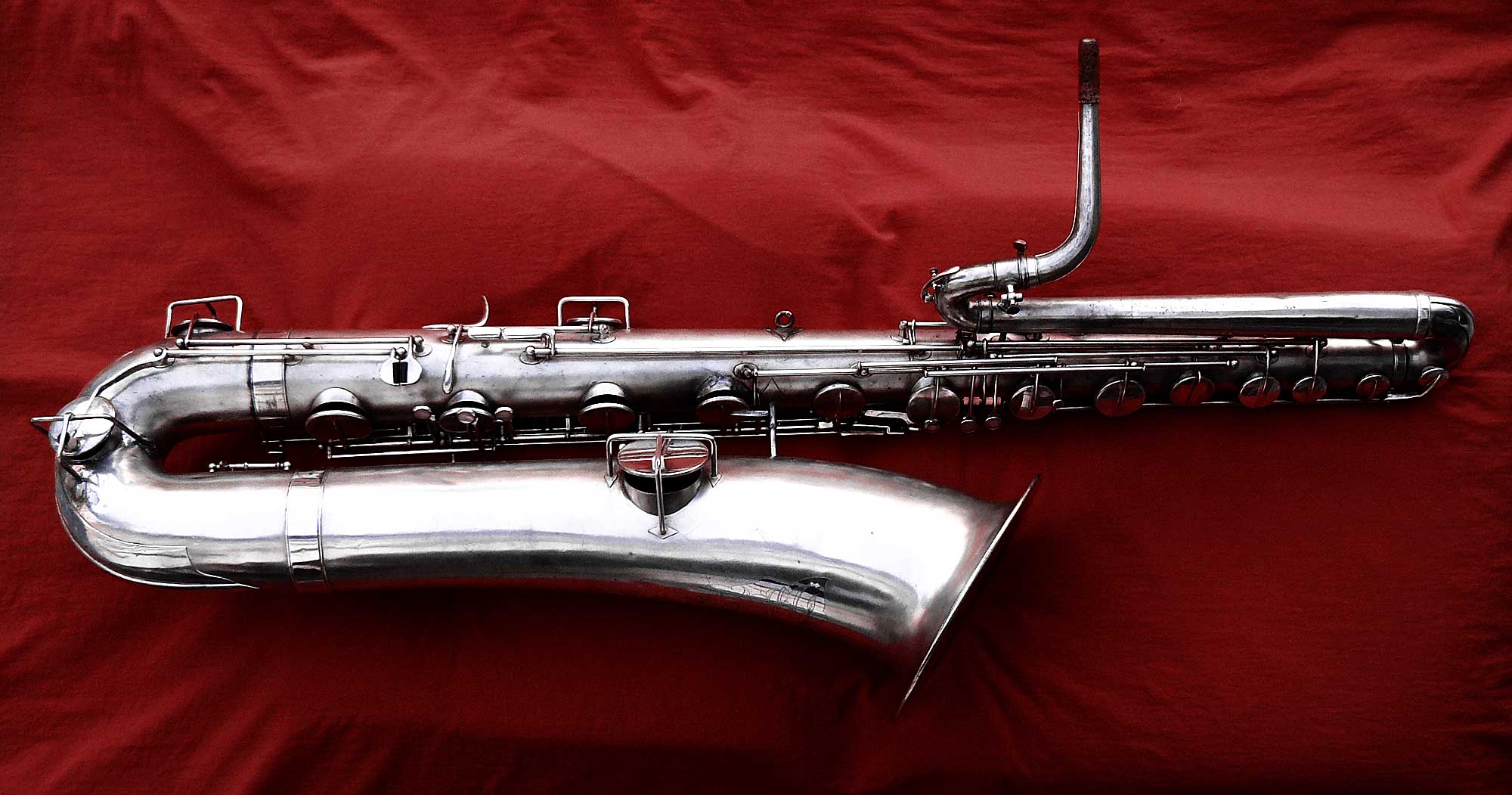Over the years, I’ve experimented with many kinds of reeds. And although I was taught years ago by private teachers and professors how to adjust cane reeds, I’d rather play my sax than go through the drama of fiddling around with reeds. Also, because I always use more than one horn during shows anyway, with synthetics I never have to worry about my reeds drying out.

Some players simply don’t like synthetic reeds. Period. Full stop. They will argue that synthetics aren’t “authentic”, or “don’t sound the same as cane”. Personally, I find that there is no difference in sound between a great synthetic and a great cane reed. Just as an aside, I played synthetics in a big band on baritone for years before the very accomplished tenor player beside me found out—by seeing me put on a black Carbon Onyx Hartmann reed—that I was using synthetics.
After using Fibracell for more than a decade, I was very disappointed when they started producing sh*! that started sounding like duck calls part way through a 3-hour show. When my good collection of Fibracell reeds for bass/bari finally wore out, I felt like I was screwed.
Although I had been using Légère on all my horns, I wasn’t fond of their bari reeds. So I reached out to my fellow German, Harry Hartmann, who had been producing synthetics that had been receiving rave reviews among some in the sax-playing community.
Reed choices for bass saxophones
When I first got my Buescher, the bass saxophone renaissance was still a few years away, and there were virtually no reed choices. The only companies that were selling bass saxophone reeds were Rico and Vandoren, and finding them was next to impossible.
What a difference a few years make! Now if a bass sax player wants to use bass saxophone reeds—but many of us baritone reeds since we use baritone mouthpieces anyway—the choices are much greater, and the suppliers are much more plentiful.
Yes, a player can still buy Rico and Vandoren bass sax reeds, but they can also get Marca Superieure and Alexander Classique. If a player wants to play a bass synthetic reed, Légère makes one that has gotten some rave reviews, as does Harry Hartmann.
The reed pictured below is the one I used on my Buescher Bass Sax. It is a Fibracell Soft, baritone sax reed. It worked with both my modified Runyon bari piece, as well as the Geo Bundy Bass mouthpiece I used to have.



Sadly, as I mentioned at the outset, Fibracells have gone to hell, and IMO are no longer good reeds. As a matter of fact, they are crap. On tenor I sound like a duck after my first set at a show. After my ample supply of good, bari reeds ran out, I switched to Harry Hartmann’s Carbon Onyx and Copper Carbon Classic on my bass. IMO they are better than any Fibracell I ever played. Period.



You must be logged in to post a comment.